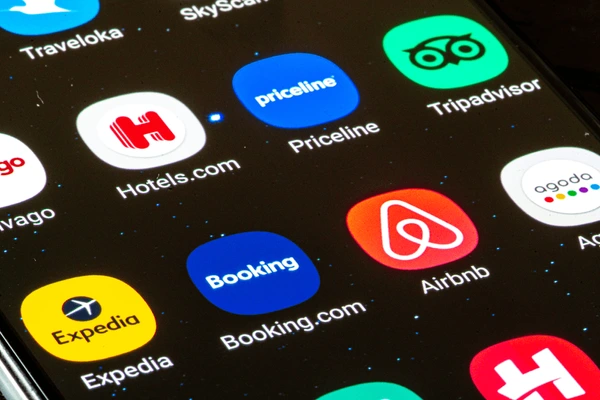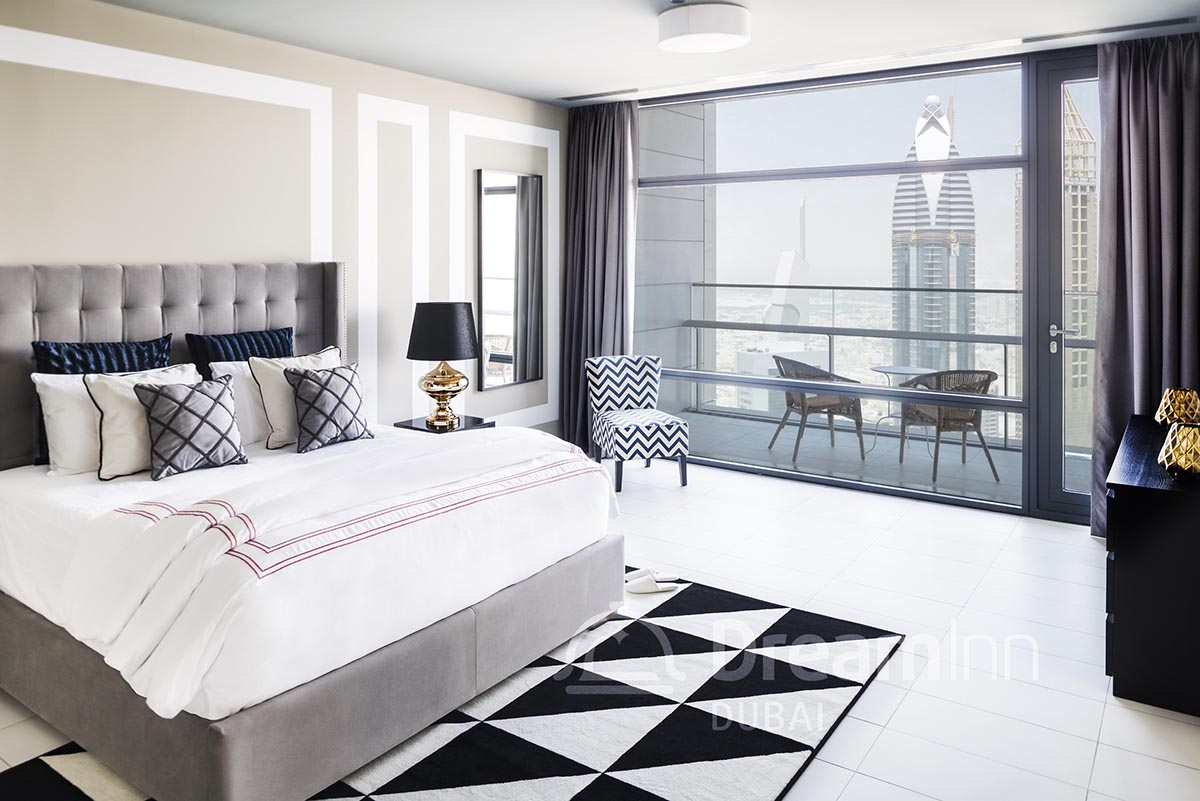Partnering with a property management company in Dubai can transform your rental property investment into a hassle-free, profitable venture. Whether you’re a landlord new to short-term rentals or looking to optimize your existing property management, understanding the onboarding process is essential. This guide outlines the key steps involved in the onboarding process for Dubai property management, helping you get started with confidence.

1. Initial Consultation and Property Assessment
The onboarding journey starts with an initial consultation, where the property management team learns about your goals, property type, and expected revenue. A property assessment follows, where experts evaluate your property’s condition, layout, and market potential. This step ensures your property meets industry standards and provides insights on maximizing its value in the competitive Dubai rental market.

2. Customizing Your Property’s Marketing Strategy
Once your property is assessed, the management team develops a tailored marketing strategy. Dubai is a prime tourist destination, and your property needs to stand out. During this phase, the team creates listing descriptions, high-quality photos, and competitive pricing strategies to enhance visibility on platforms like Airbnb, Booking.com, and Vrbo. They may also suggest minor upgrades or furnishings to increase the property’s appeal.

3. Legal Compliance and Documentation
Dubai’s property rental market requires compliance with specific regulations. The onboarding process includes handling documentation, such as obtaining the necessary holiday home license and ensuring that the property meets Dubai Tourism’s standards. Property managers will also set up appropriate insurance to protect both the property and guests, giving you peace of mind.

4. Property Setup and Interior Design Enhancements
For short-term rentals, presentation is key. Many property management companies in Dubai offer interior design and furnishing services as part of onboarding. From furniture selection to décor choices, they ensure the property feels modern, comfortable, and attractive to guests. This step might also involve stocking essentials like kitchenware, bedding, and toiletries to provide a complete experience for guests.

5. Creating a Seamless Guest Management System
One of the standout services offered by Dubai property managers is guest management. The onboarding process includes setting up systems for 24/7 guest support, check-in and check-out processes, and guest vetting to ensure security. A well-structured guest management system enhances the guest experience and improves your property’s ratings on rental platforms.

6. Setting Up Financial Reporting and Owner Dashboard
To keep you informed, most property management companies provide an owner dashboard as part of the onboarding. The dashboard allows you to monitor bookings, revenue, and occupancy rates in real-time. The setup also includes establishing monthly financial reporting, so you can review earnings, expenses, and ROI. These reports are essential for assessing the profitability of your property.

7. Launching Your Property on the Market
With all systems in place, the property management team launches your listing on various rental platforms. They leverage marketing insights, optimize keywords, and set competitive rates to maximize occupancy. The initial performance is closely monitored, allowing managers to adjust pricing or marketing tactics as needed to ensure a successful start.
Conclusion
The onboarding process for Dubai property management is designed to create a smooth and efficient transition for landlords. From initial assessment to full-scale marketing, guest management, and financial reporting, every step is crafted to optimize your property’s rental potential. By partnering with an experienced property management team, you can unlock the full potential of your investment in Dubai’s lucrative rental market, enjoying the benefits without the usual challenges of self-management.


